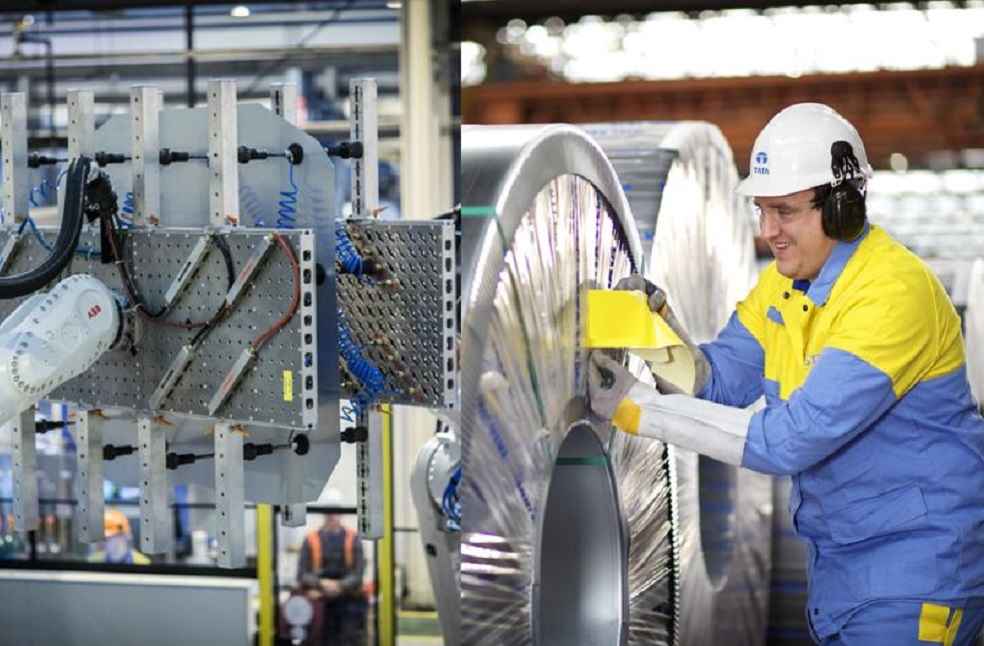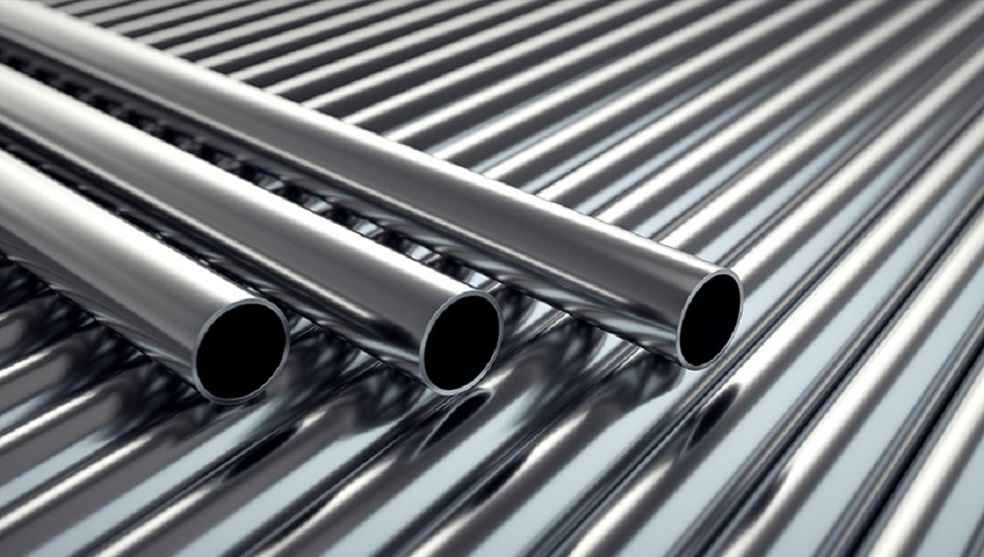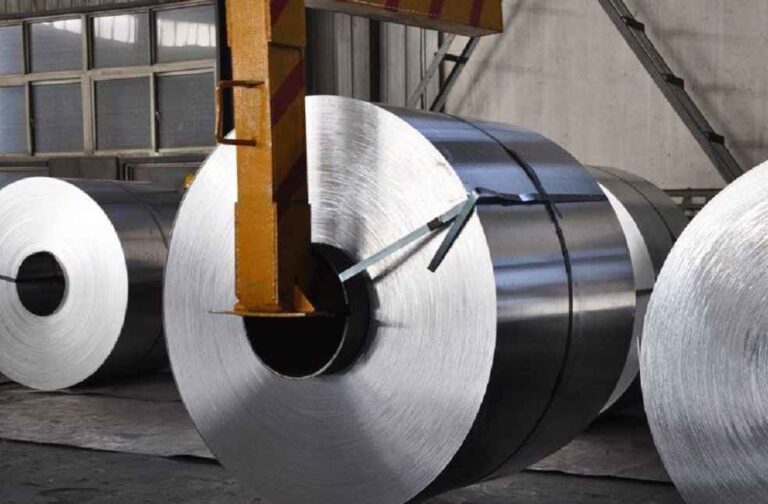In Turkey, consumers of flat products are urging authorities to reconsider anti-dumping duties and high import tariffs on steel imports from China, India, Japan, and Russia, citing escalating production costs and rising inflation. Ali Eren, a board member of the Turkish Federation of Mechanical Engineering and member of the Istanbul Chamber of Industry, voiced concerns over these duties’ impact on industries reliant on flat steel products, as reported by Ekonomim.
Key export-driven sectors, including pipe manufacturing, household appliances, automotive, shipbuilding, and mechanical engineering, which collectively represent a quarter of Turkey’s exports, have been particularly affected. These industries depend on flat steel products as raw materials, and the current import restrictions have disrupted production and export processes, according to Eren.

Despite domestic investments aimed at expanding capacity, Turkey’s flat products sector has struggled to meet local demand in terms of quality, timeliness, and competitive pricing. Eren emphasized that the industry remains dependent on imports, with domestic rolled steel producers focusing more on importing semi-finished slabs rather than optimizing local steel production capacity, which currently operates at just 65%. In 2023, Turkey imported approximately 2.8 million tons of slabs valued at $1.6 billion to address this shortfall.
Eren highlighted that high customs duties and protective measures have strained supply chains, reduced the competitiveness of downstream industries, and driven up the costs of finished products. He advocated for a review of these protective measures to support industries heavily reliant on flat steel products, adding that Turkey’s domestic recycling regime could serve as a strategic tool to offset some of the market challenges.

In October, Turkey imposed anti-dumping duties on hot-rolled steel imports from China, India, Japan, and Russia, with rates ranging from 6.10% to 43.31% of the cost, insurance, and freight (CIF) value. The highest tariffs apply to Chinese imports, which Turkish authorities deemed the most significant threat to the domestic market, with duties ranging between 15% and 43%. Imports from Russia, India, and Japan face duties between 6% and 9%.
Eren’s call for a review underscores the need to balance protective measures with the supply demands of key Turkish industries, particularly as they face growing challenges in both domestic and international markets.
AUTOMOTIVE INDUSTRY | Trump Tariff Threats Slam German Carmaker Shares, Rattle Global Auto Market



